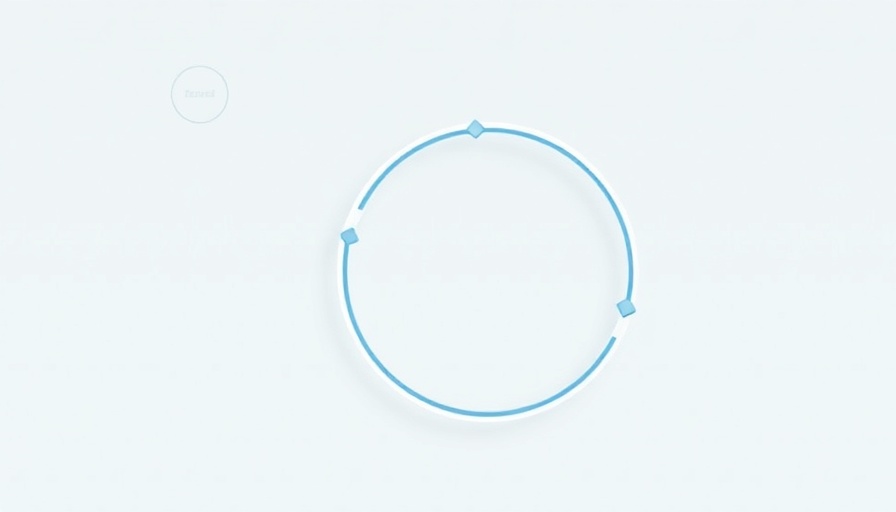
Transforming Healthcare with Blockchain: A Modern Overview
The healthcare sector is undergoing a critical transformation, driven by digital advancements and the rising demand for more efficient, secure systems. As demographics shift towards an aging population experiencing multiple chronic conditions, the healthcare industry is pressured to innovate and adapt. The rise in life expectancy signifies longer lifespans with chronic diseases, intensifying the strain on current healthcare systems (Harris, 2019). This evolving landscape necessitates new strategies and technologies, particularly blockchain, to address these challenges effectively.
What Is Blockchain and How Can It Help?
Blockchain technology is best known for powering cryptocurrencies, yet its potential stretches far beyond that realm. Essentially, blockchain functions as a decentralized and secure digital ledger, enabling secure transactions between parties without needing a central authority. Its application in healthcare can orchestrate vast changes. For example, the market for blockchain healthcare solutions was valued at $1.2 billion in 2021, projected to escalate impressively to $126 billion by 2030 (Elevence Health). This trajectory emphasizes the rising importance of blockchain in managing healthcare data securely while enhancing patient privacy.
Addressing Healthcare's Pressing Challenges
One of the most pressing challenges within healthcare revolves around fragmented patient data. Electronic health records may not always provide a full account of a patient’s medical history. By employing blockchain, it is possible to create a patient-centric electronic health record system that allows seamless information sharing among healthcare providers while safeguarding patient consent and privacy. This enhances the overall quality of care and minimizes the likelihood of detrimental medical errors, which reportedly rank as one of the leading causes of death (Johns Hopkins University, 2016).
Practical Applications of Blockchain in Healthcare
Several real-world use cases for blockchain illustrate its transformative potential in the healthcare setting. Notably, blockchain can:
- Ensure Supply Chain Transparency: By tracking medications from manufacturers to patients, blockchain systems ensure that pharmaceuticals are authentic and safe, reducing the risk of counterfeit drugs entering the market.
- Streamline Medical Staff Credential Verification: Blockchain can enhance the hiring process by maintaining verifiable records of healthcare professionals' credentials, accelerating the onboarding process and ensuring better quality control in staffing.
- Facilitate Smart Contracts: The use of smart contracts in healthcare can automate and simplify transactions between providers and insurers. This can dramatically reduce the administrative burden and improve healthcare financing efficiency.
Conclusion: The Future Is Bright with Blockchain
As healthcare continues to face mounting pressures, the integration of blockchain may provide a vital framework for overcoming obstacles, enhancing efficiency, and securing sensitive patient data. Organizations are just beginning to scratch the surface of blockchain’s potential, but early adopters lead the way toward a more transparent, secure, and patient-centered healthcare system. Everyone can play a role in this digital transformation, so stay informed about these exciting developments as we collectively march towards a healthier future.
 Add Row
Add Row  Add
Add 




Write A Comment